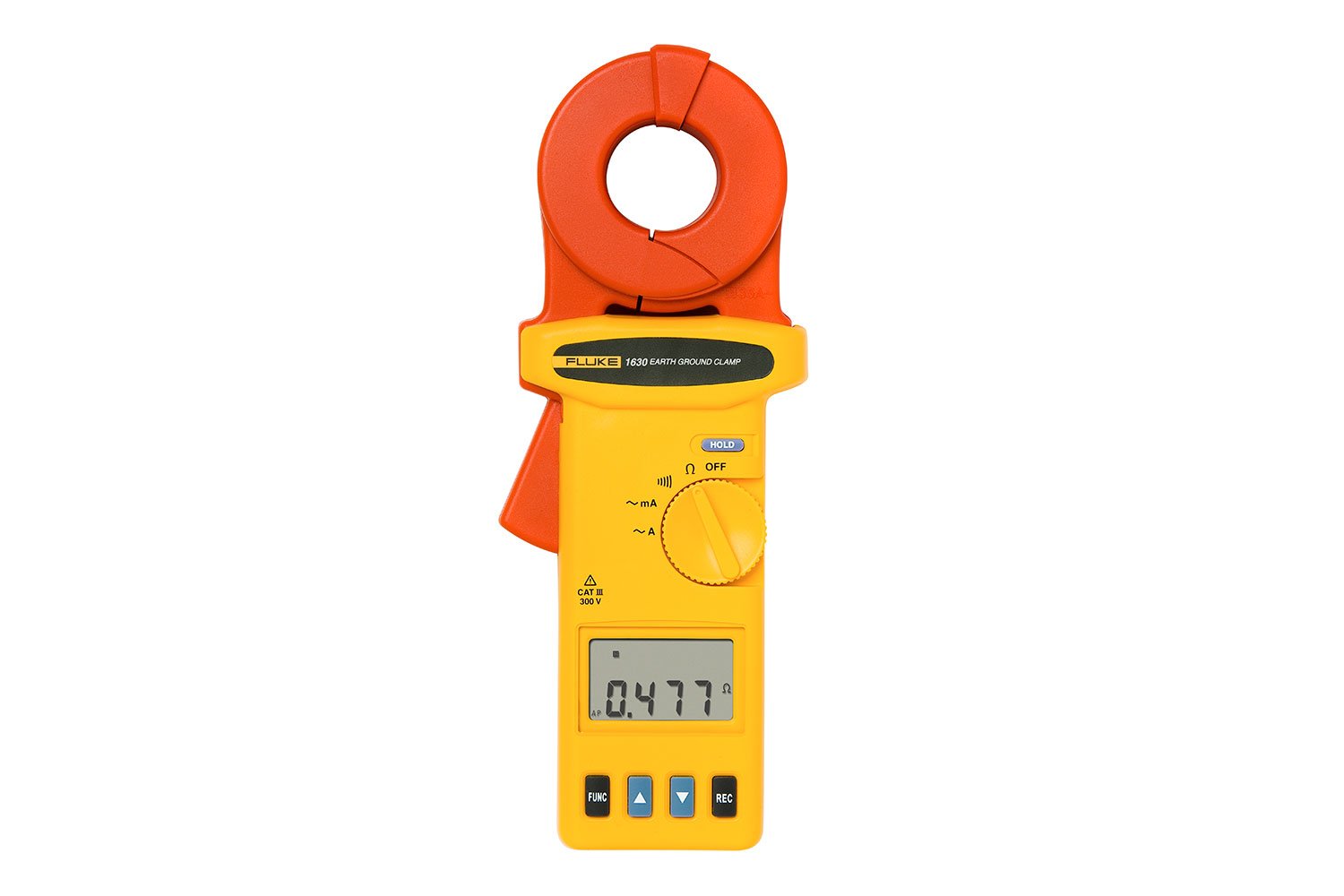The clamp on ground resistance meters _cannot_ measure the resistance of a single grounding electrode. What they can do is measure the resistance of a circuit which includes at least two grounding electrodes.
If the GEC is the single isolated connection from the grounding electrode that you want to test back to your system neutral, then the clamp on resistance meter will measure the resistance of the grounding electrode in series with the vastly lower grounding resistance of the utility supply, which will be a good approximate measurement of the building grounding electrode system.
Similarly, if you have access to a single conductor going to a single electrode, then you can get the resistance of that single electrode in series with the lower resistance of the rest of the system, and get a good measurement of that single electrode.
But if you have a loop in your GEC and put the clamp around it (say GEC to building steel and there is another bonding connection to building steel), then you might just end up measuring the resistance of that metallic loop, not any of the electrodes. Or you might end up measuring multiple electrodes in parallel.
-Jon


